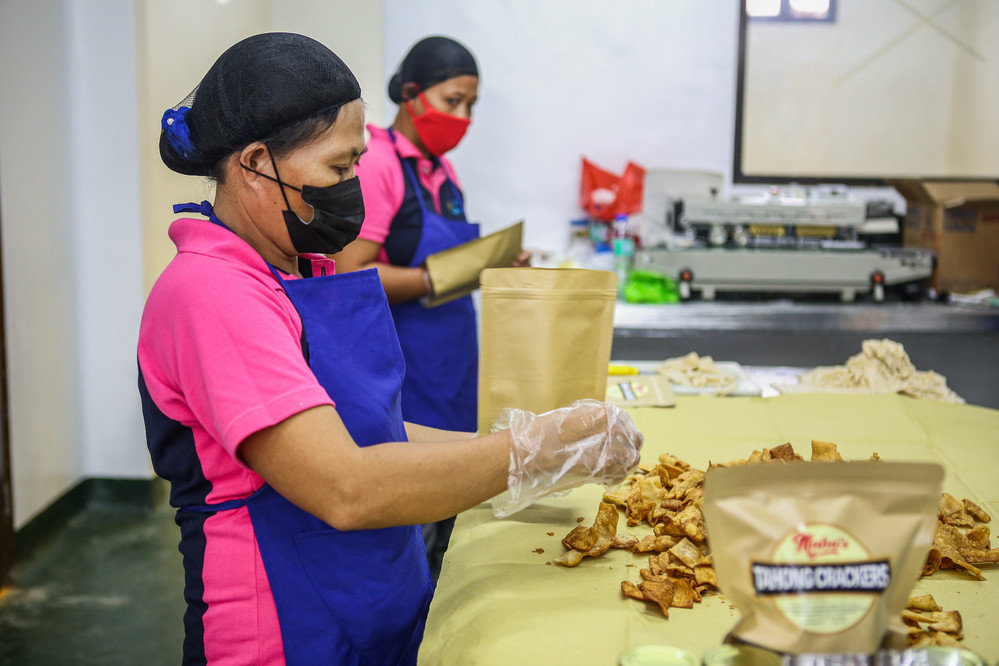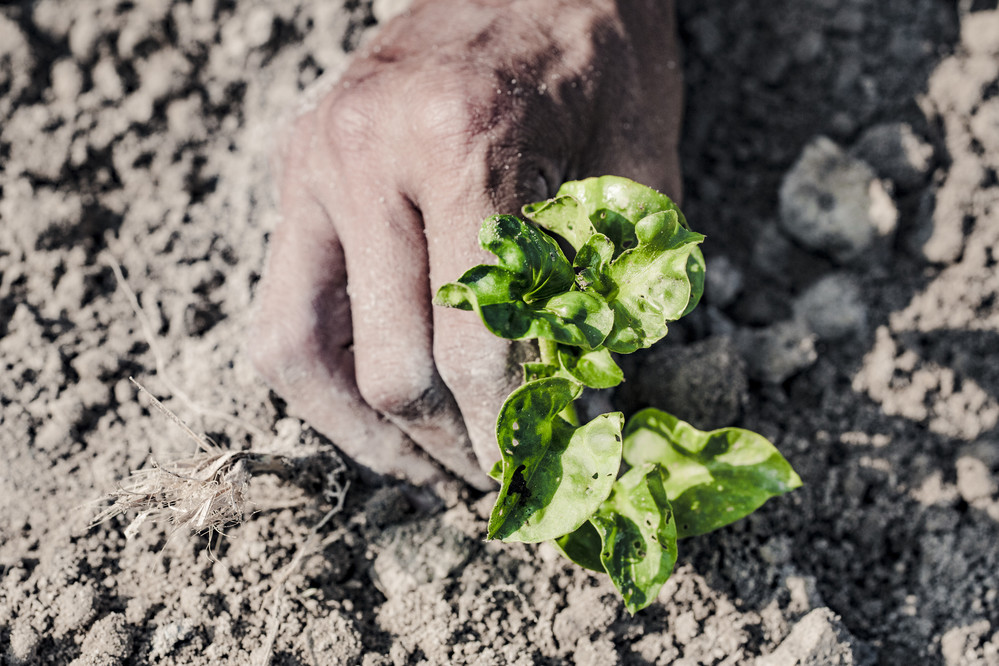On 18 October 2022, the Smallholder and Agri-SME Finance and Investment Network (SAFIN) and the Commercial Agriculture for Smallholders and Agribusiness (CASA) Programme hosted a Breakfast Roundtable on ‘Accelerating Climate Finance to Achieve Food Security in Southeast Asia’ at the Grow Asia Forum 2022. The closed session brought together experts on the supply of green finance solutions to discuss existing opportunities in the Association of Southeast Asian Nations (ASEAN) region to accelerate the adoption of climate-smart technologies and bridge the financial gap between climate adaptation and mitigation for agricultural SMEs. Over 40 participants attended the session, which was held under Chatham House rules.

Photo: IFAD/Enrique Espejo Jr.
In Southeast Asia, as in other regions of the world, the agriculture sector faces growing risks related to climate change. These risks threaten the livelihoods of many actors across value chains as well as the food security of the broader population. Access to finance and investment plays a crucial role in allowing these actors to develop the skills and acquire the tools to transition to more sustainable modes of operation. This is particularly true for small and medium-sized enterprises in agriculture (agricultural SMEs), which are key to meeting the growing demand for agricultural products and building the resilience of food systems.
Despite that, climate finance from concessional sources like donors and development finance institutions continue to fall short of the amounts required to meet the sector’s needs. Financial flows are also often biased towards solutions that mitigate the effects of climate change, over those that can improve the ability of businesses to adapt to climate change. Expectations have therefore turned to the private sector to fill this gap, particularly companies that are most invested and exposed to the risks that climate change poses for agriculture in the region.
To better understand the potential of private sector engagement, SAFIN partnered with CASA and Grow Asia to host a closed roundtable discussion about the key opportunities and barriers on the supply side of investing in climate adaptation. Read the key highlights from the session below:
Opportunities to increase private sector engagement
Event participants were generally optimistic about the potential for adaptive practices, as well as innovative technologies and business models, to improve business outcomes for agricultural SMEs. Such improvements can strengthen the argument for private investment by improving productivity and decreasing risk. However, they also highlighted the lack of widespread evidence to support this argument. In particular, the absence of any database of agricultural SMEs with proven sustainability models and a demonstrated increase in income is an opportunity to be seized by practitioners in the agri-finance sector. The importance of providing affordable and effective measurement tools to quantify and track the impact of adaptation investments and solutions was also highlighted. To attract more private finance to climate adaptation, a widely accepted set of indicators is necessary to assign value to green returns on investment, in addition to financial returns, in line with the use of carbon credits for climate mitigation.
Supply side barriers for private sector investment
Private sectors players at the event explained some of the key challenges in the expansion of green finance solutions for adaptation. These included shared concerns around the high risk and cost involved, the restrictive policy and regulatory environment of certain countries in the region, and the lack of harmonized taxonomies. However, there is also a need to improve collaboration in the sector, which is often characterized by small and siloed projects that sometimes overlap. The current approach effectively limits the scalability of green solutions in agriculture, which must take on a more systemic approach to address the needs of SMEs in the missing or hidden middle. Such transformative change requires greater engagement and coordination among key actors from the financial and food sectors in tandem with the public sector.
Prospects for SAFIN, CASA and Grow Asia
The Breakfast Roundtable provided a unique opportunity for the three partners to hear from prominent private sector actors in the agriculture value chain about the main challenges and prospects to engage further in the deployment of adaptation solutions in the ASEAN region. Building on these initial findings, the three partners will consider further engagement in 2023 to deep dive into specific regions and value chains identified as holding the greatest promise for direct action. The session also highlighted the need to develop and communicate evidence of successful adaptation tools, models and technologies through a series of case studies. For SAFIN, the expressed need to increase collaboration in the sector presents a distinct opportunity to be explored within the network’s Asia regional working group.
Read our recent learning notes on green finance

